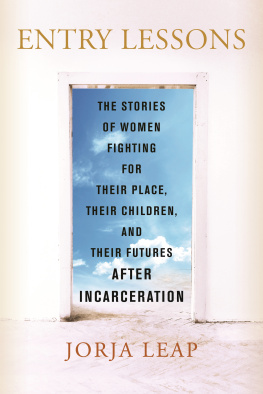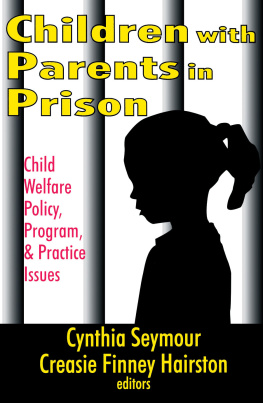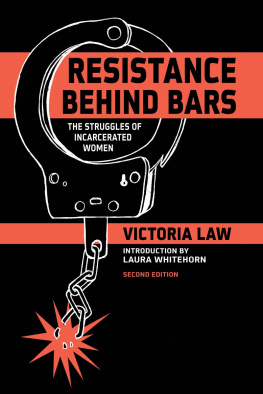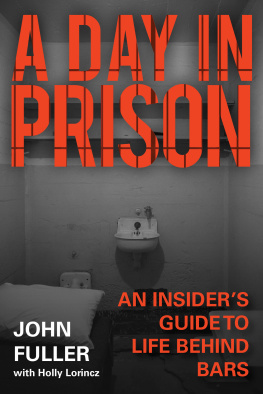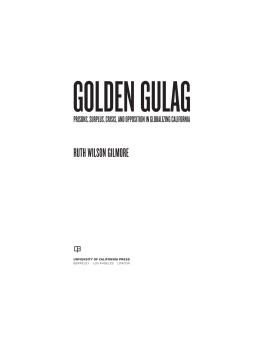Published in 2005 by
Routledge
Taylor & Francis Group
270 Madison Avenue
New York, NY 10016 | Published in Great Britain by
Routledge
Taylor & Francis Group
2 Park Square
Milton Park, Abingdon
Oxon OX14 4RN |
2005 by Taylor & Francis Group, LLC
Routledge is an imprint of Taylor & Francis Group
Transferred to Digital Printing 2007
International Standard Book Number-10: 0-415-94670-0 (Hardcover) 0-415-94671-9 (Softcover)
International Standard Book Number-13: 978-0-415-94670-4 (Hardcover) 978-0-415-94671-1 (Softcover)
Library of Congress Card Number 2005008802
No part of this book may be reprinted, reproduced, transmitted, or utilized in any form by any electronic, mechanical, or other means, now known or hereafter invented, including photocopying, microfilming, and recording, or in any information storage or retrieval system, without written permission from the publishers.
Trademark Notice: Product or corporate names may be trademarks or registered trademarks, and are used only for identification and explanation without intent to infringe.
Library of Congress Cataloging-in-Publication Data
Golden, Renny.
War on the family : mothers in prison and the children they leave behind / Renny Golden.
p. cm.
Includes bibliographical references and index.
ISBN 0-415-94670-0 (hardback : alk. paper) -- ISBN 0-415-94671-9 (pbk.: alk. paper)
1. Prisoners' families--United States. 2. Women prisoners--United States. 3. Women prisoners--United States--Family relationships. 4. Children of women prisoners--United States. I. Title.
HV8886.U5G65 2005
362.82950973--dc22 |
2005008802 |
 | Visit the Taylor & Francis Web site at
http://www.taylorandfrancis.com |
and the Routledge Web site at
http://www.routledge-ny.com |
I am grateful to the mothers and children who were generous enough to share their stories with me. I will always remember their bravery and openess. The following advocates for incarcerated mothers and their children have helped me understand the hidden struggle of dispossessed families: Jonanne Archibald, Gail Smith, Diana Delgado and the staff of CLAIM (Chicago Legal Aid to Incarcerated Mothers), Mary Kay Flannigan, a Franciscan felon who spent six months in Pekin Prison, Patricia Schlosser, Kathy Nolan, Wenona Thompson of Girl Talk, Pam Thomas, Angie Vachio and Ros Lopez of Peanut Butter and Jelly, Salme Chasnoff of Beyond Media, and Joetilda Hamilton. I want to thank friends and family who made writing suggestions that strengthened this manuscript: my sister Katy Golden, Sheila Collins, Nancy Jones, Margaret Randall, Janet Spector, and most importantly, Mary Ann Corley, for her generous support and editing without which this manuscript would not have been possible. Thanks to Judy Vaughan of Alexandria House and Jim Barnett for places to retreat and write. I especially want to thank Chris Cuomo for excellent editing advice and Mike Bickerstaff, Amanda Rice, Katy Smith, and Lizzie Mason of Routledge/ Taylor & Francis for making this book a reality.
I met Renny Golden at the 2003 graduation ceremony for the students of St. Leonard's Adult High School on Chicago's west side, where I had been invited to deliver the commencement address. It was a moving and humbling experience. All of the students were former prisoners who, in heart-wrenching testimonials, praised St. Leonard's as a creative learning environment run by a distinguished faculty of volunteer teachers. The students told eloquent stories of struggle, survival, and ultimately of success against the odds. The school had given them second chances to rebuild fractured lives. I learned later that Renny was one of the founders of St. Leonard's and her role in that project reflects the same kind of insightfulness and compassion that fills the pages of this book, War on the Family: Mothers in Prison and the Children They Leave Behind.
In War on the Family, Renny Golden tackles the volatile rhetoric of family values and turns the conservative use of the term on its head. Focusing on a group of women and children in Chicago and New Mexico whose families have been ravaged by a set of insensitive and punitive social policies, Golden is both policy analyst and storyteller. She astutely critiques the policy assault on poor families that has been waged over the last two decades, by both Democrats and Republicans, and then introduces the reader to families directly and personally impacted by those policies.
From Ronald Reagan's get tough on crime initiatives in the 1980s to Clinton's eradication of welfare as we know it in the 1990s, to both Bush administrations' pro-rich economic policies, poor people have suffered from shrinking economic opportunities, eroding social services, and longer jail terms for a growing list of offenses with mandatory minimum sentences.
In a series of interviews with formerly incarcerated women and their children, Golden paints a portrait of families and communities, mostly black and Latino, that are victims of callous laws and craven politicians but who come across as resilient and resourceful in navigating the difficult and dangerous terrain of their lives. There are no one-dimensional characters in Golden's book, and Golden does not make heroes out of her subjects. There are no perfect mothers or perfect children. People make mistakes, wrestle with demons they can't fully comprehend, and hurt themselves and others along the way. But their textured and multi-layered stories belie the stereotypes that permeate popular media. Golden introduces us to women who are victims of domestic and sexual abuse (the majority of women in prison fit this bill), and children who got caught up in drugs and violence. Still they are parents who love their children, and children fiercely loyal to imperfect parents. Simply put, they are richly textured human beings.
Golden's work builds upon the ideas of a wide and diverse range of scholars and activists including Dorothy Roberts, Christian Parenti, Ruth Behar, Paulo Freire, and Beth Richie. In critiquing the growth of the prison industry, with its insatiable urge for black and brown bodies, Golden illustrates in concrete terms the human toll that recent crime and poverty reforms have had on real lives. She is especially sensitive to the plight of children of incarcerated and formerly incarcerated women who have become the collateral victims of the system's war against poor families. For example, the families of individuals convicted of drug felonies are ineligible for federal aid, student financial aid, and other programs, which makes it even harder for them to reconstitute their lives after the trauma of a mother's imprisonment. In other words, after a woman has done her time, her family keeps on paying.
Golden weaves together an analysis in which race, prisons, and poverty are inseparable. She reminds the reader that most people in prison are poor people of color with few powerful allies and even fewer material or professional resources at their disposal. Golden suggests that the unprecedented growth of the U.S. prison empire, which has colonized tens of thousands of bodies, is directly linked to deindustrialization and the eradication of the social safety net that was forged in the Great Depression and expanded in the wake of the social movements of the 1960s. No jobs. No aid. Eroding schools, and harsh and punitive incarceration for a variety of offenses. The result is the largest prison population in history, and the majority of those locked up are people from historically oppressed racial groups.



